– The Budapest summit concluded without major announcements, but there were no reports of heated debates either. How would you assess the meetings? Were the goals achieved?
– The aim of the European Political Community (EPC) is to provide a forum for heads of state and government across Europe to engage in more open, informal discussions on the security challenges facing Europe and their potential solutions. The agenda was divided into two main areas—migration and economic policy. Many leaders attended, with only those from crisis-stricken countries (like Germany and Spain) choosing to stay absent, so this in itself can be viewed as a success.
Since the talks were held behind closed doors, we don't know for sure if there were any heated debates.
However, based on statements at the press briefing, the leaders reached agreement on several issues that would have been harder to imagine in the past, such as the need
- to establish peace in Europe more swiftly,
- to take more responsibility for Europe’s own peace and security,
- and that Europe wishes to become a geopolitical force.
In the past, these issues were less accepted, and there were rarely any open debate about them, meaning that solutions remained out of reach. According to the Albanian prime minister's remarks, leaders were able to discuss sensitive topics freely, which is perhaps one of the summit’s biggest successes.
– Volodymyr Zelensky visited Hungary for the first time since the war erupted. Do you think the atmosphere has eased between the two leaders?
– I don’t think this summit will significantly improve the relationship between the two leaders. The Ukrainian president has attended every prior EPC meeting, regardless of location, and the two leaders have met at several other events. I don’t think the venue of the meetings can ease the tension between the two leaders.
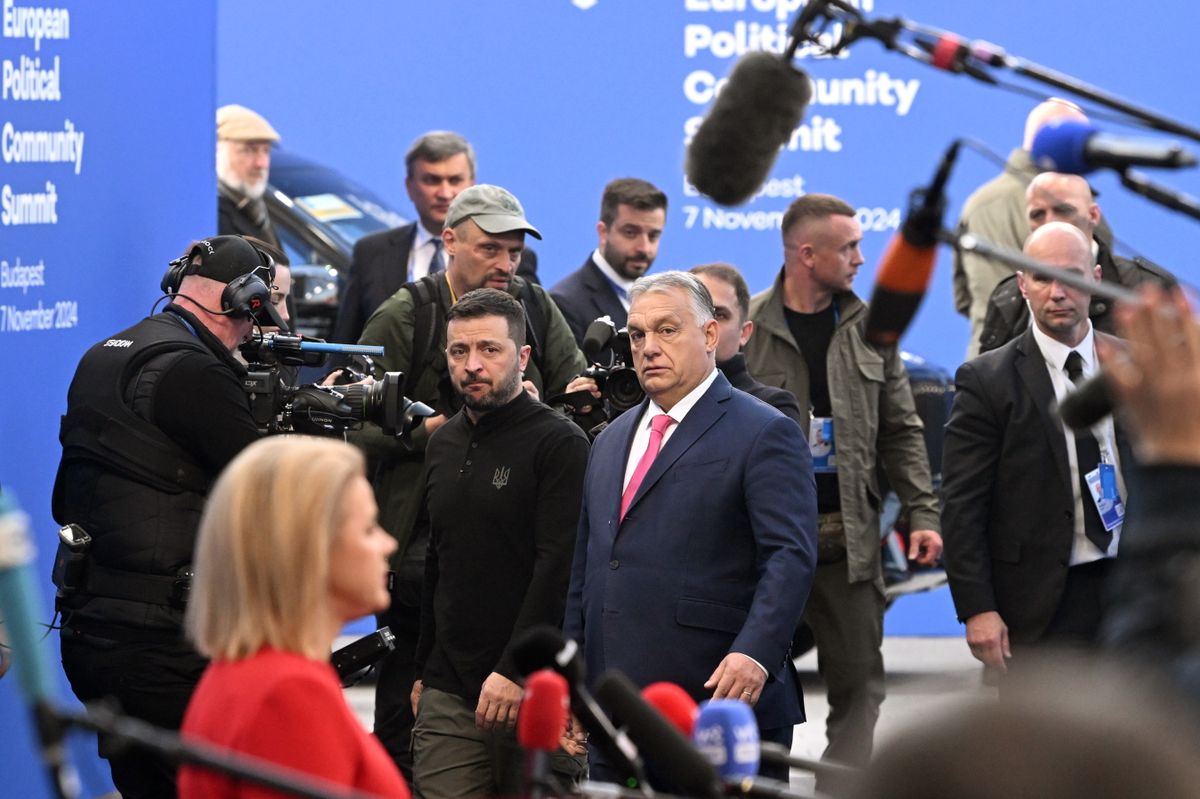
– Several leaders, such as Vucic, Meloni and Macron, visibly greeted PM Orban in a friendly manner. Others, for instance Johannis, acted a little curiously. Even longtime political rivals, such as Ursula von der Leyen, attended without using the opportunity to make political attacks. How would you interpret these gestures?
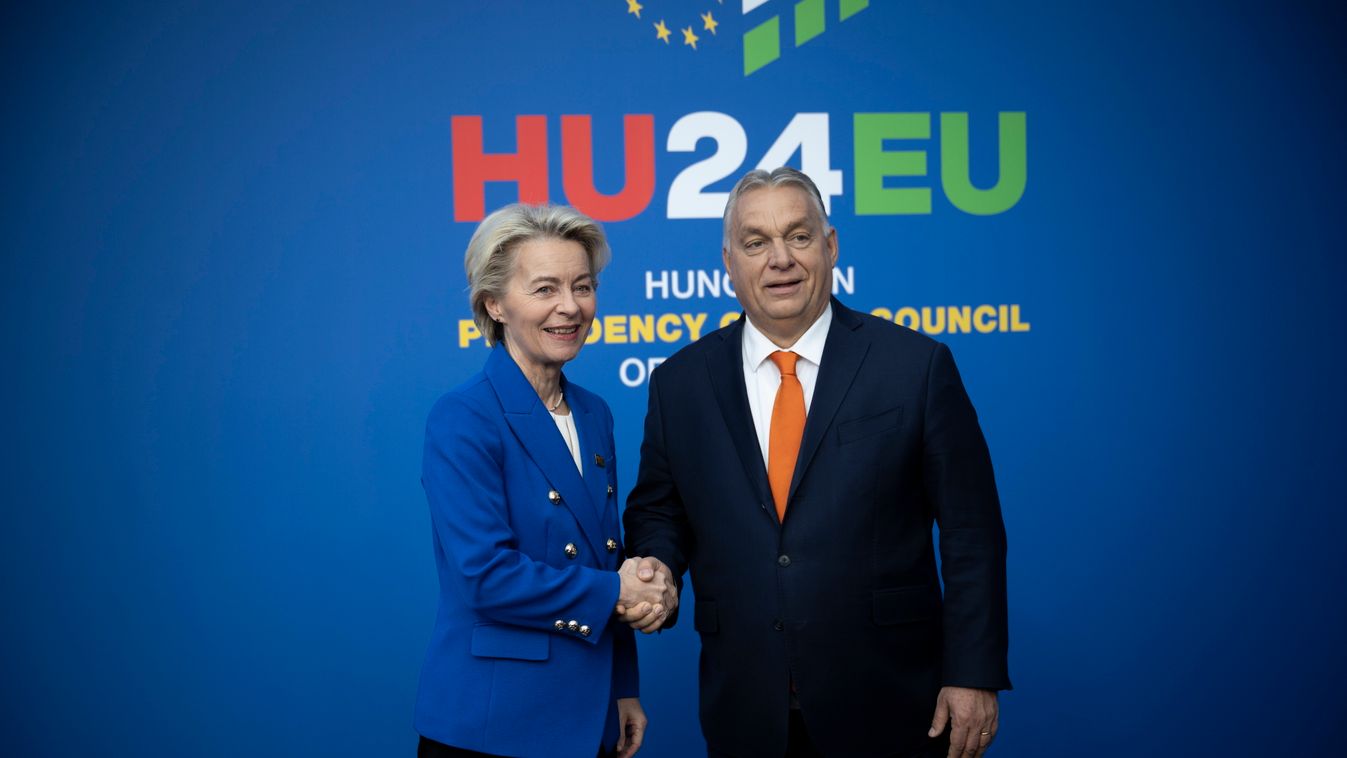





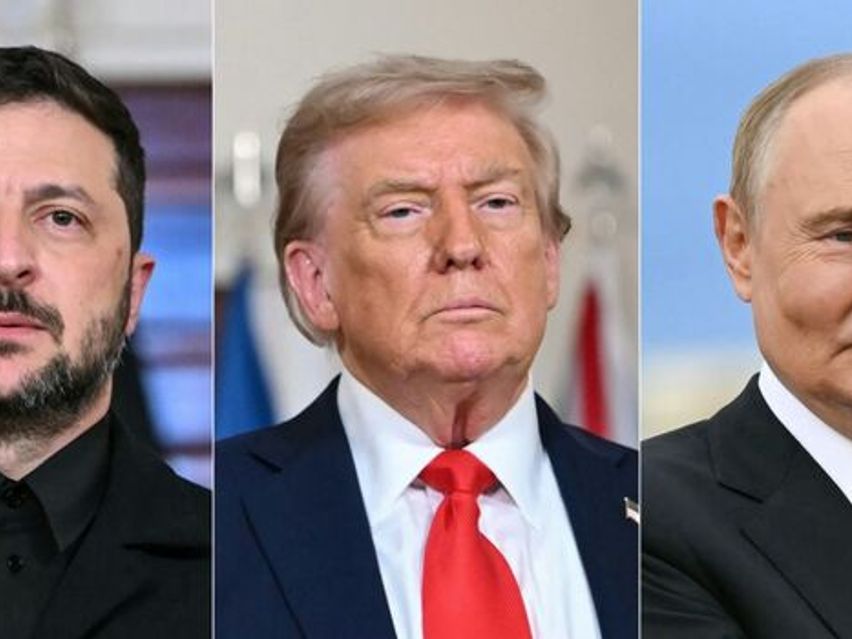

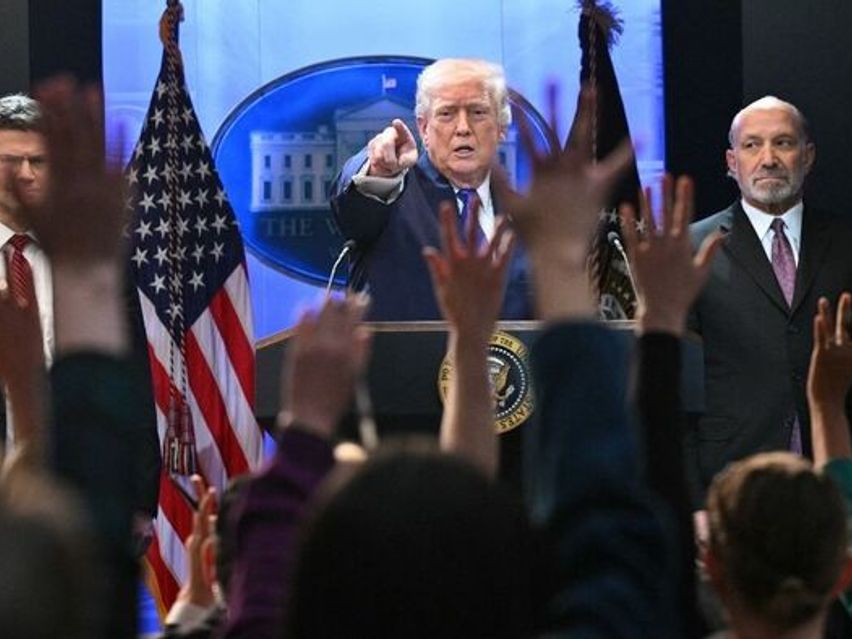
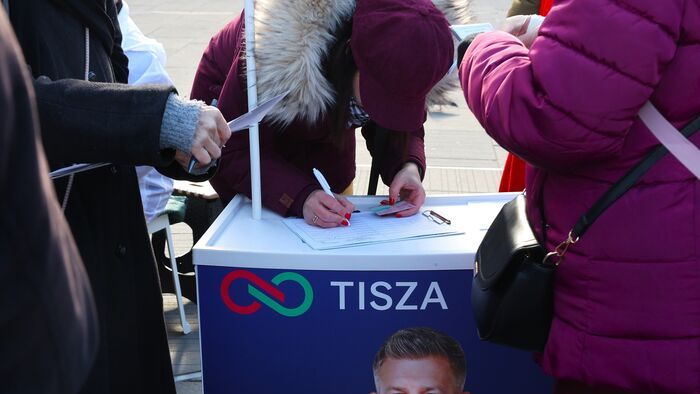




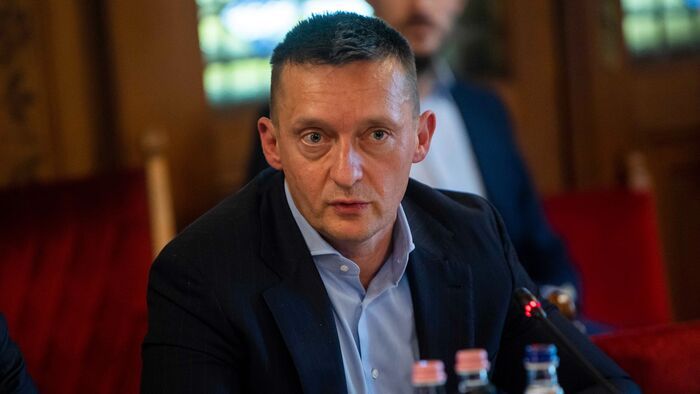
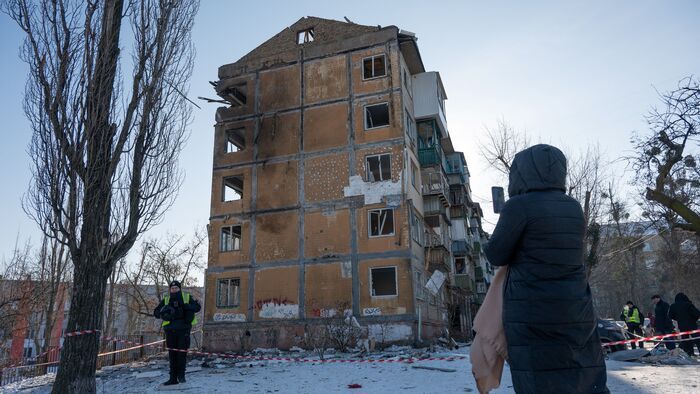
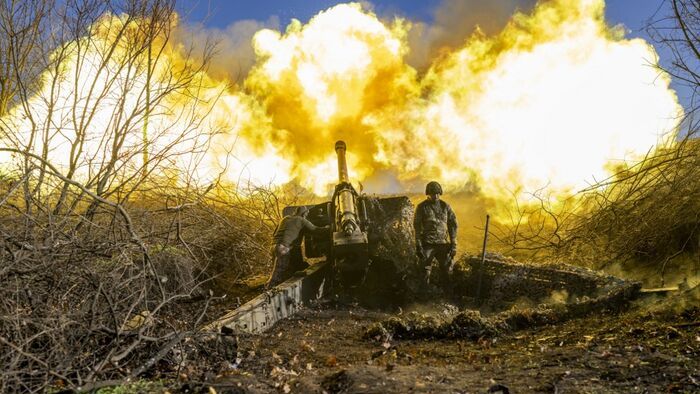
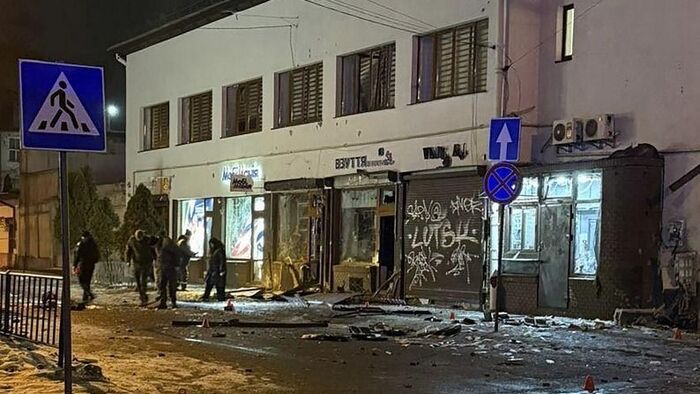

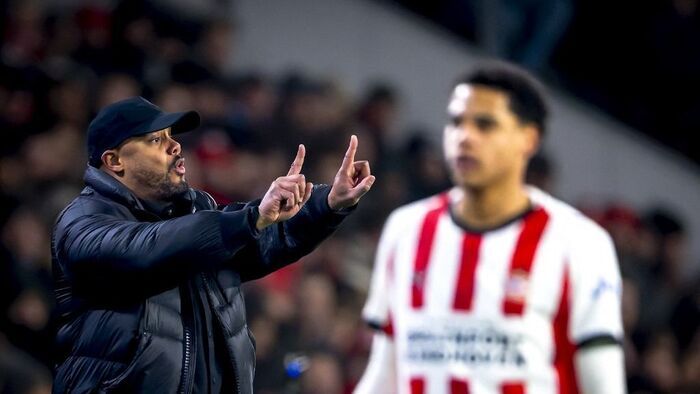
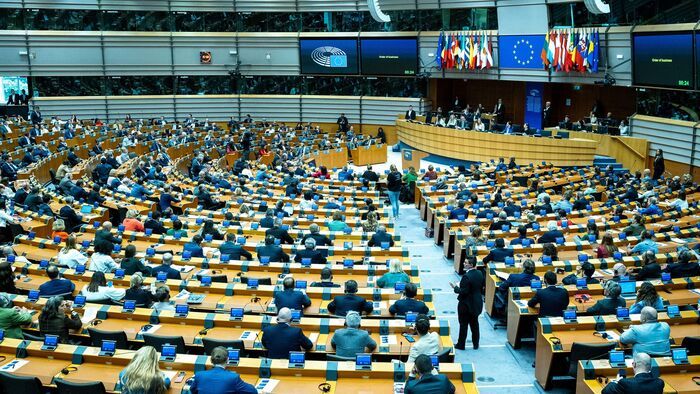


Szóljon hozzá!
Jelenleg csak a hozzászólások egy kis részét látja. Hozzászóláshoz és a további kommentek megtekintéséhez lépjen be, vagy regisztráljon!